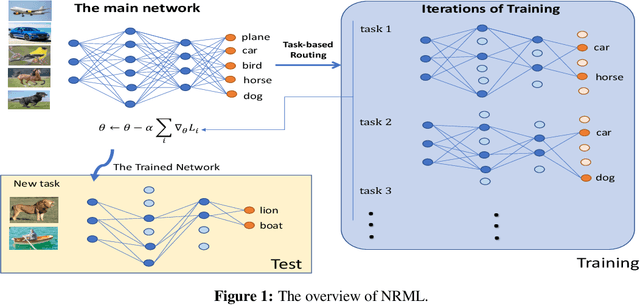Jicang Cai
Localizing Scan Targets from Human Pose for Autonomous Lung Ultrasound Imaging
Dec 15, 2022Abstract:Ultrasound is progressing toward becoming an affordable and versatile solution to medical imaging. With the advent of COVID-19 global pandemic, there is a need to fully automate ultrasound imaging as it requires trained operators in close proximity to patients for long period of time. In this work, we investigate the important yet seldom-studied problem of scan target localization, under the setting of lung ultrasound imaging. We propose a purely vision-based, data driven method that incorporates learning-based computer vision techniques. We combine a human pose estimation model with a specially designed regression model to predict the lung ultrasound scan targets, and deploy multiview stereo vision to enhance the consistency of 3D target localization. While related works mostly focus on phantom experiments, we collect data from 30 human subjects for testing. Our method attains an accuracy level of 15.52 (9.47) mm for probe positioning and 4.32 (3.69){\deg} for probe orientation, with a success rate above 80% under an error threshold of 25mm for all scan targets. Moreover, our approach can serve as a general solution to other types of ultrasound modalities. The code for implementation has been released.
Neural Routing in Meta Learning
Oct 14, 2022

Abstract:Meta-learning often referred to as learning-to-learn is a promising notion raised to mimic human learning by exploiting the knowledge of prior tasks but being able to adapt quickly to novel tasks. A plethora of models has emerged in this context and improved the learning efficiency, robustness, etc. The question that arises here is can we emulate other aspects of human learning and incorporate them into the existing meta learning algorithms? Inspired by the widely recognized finding in neuroscience that distinct parts of the brain are highly specialized for different types of tasks, we aim to improve the model performance of the current meta learning algorithms by selectively using only parts of the model conditioned on the input tasks. In this work, we describe an approach that investigates task-dependent dynamic neuron selection in deep convolutional neural networks (CNNs) by leveraging the scaling factor in the batch normalization (BN) layer associated with each convolutional layer. The problem is intriguing because the idea of helping different parts of the model to learn from different types of tasks may help us train better filters in CNNs, and improve the model generalization performance. We find that the proposed approach, neural routing in meta learning (NRML), outperforms one of the well-known existing meta learning baselines on few-shot classification tasks on the most widely used benchmark datasets.
 Add to Chrome
Add to Chrome Add to Firefox
Add to Firefox Add to Edge
Add to Edge